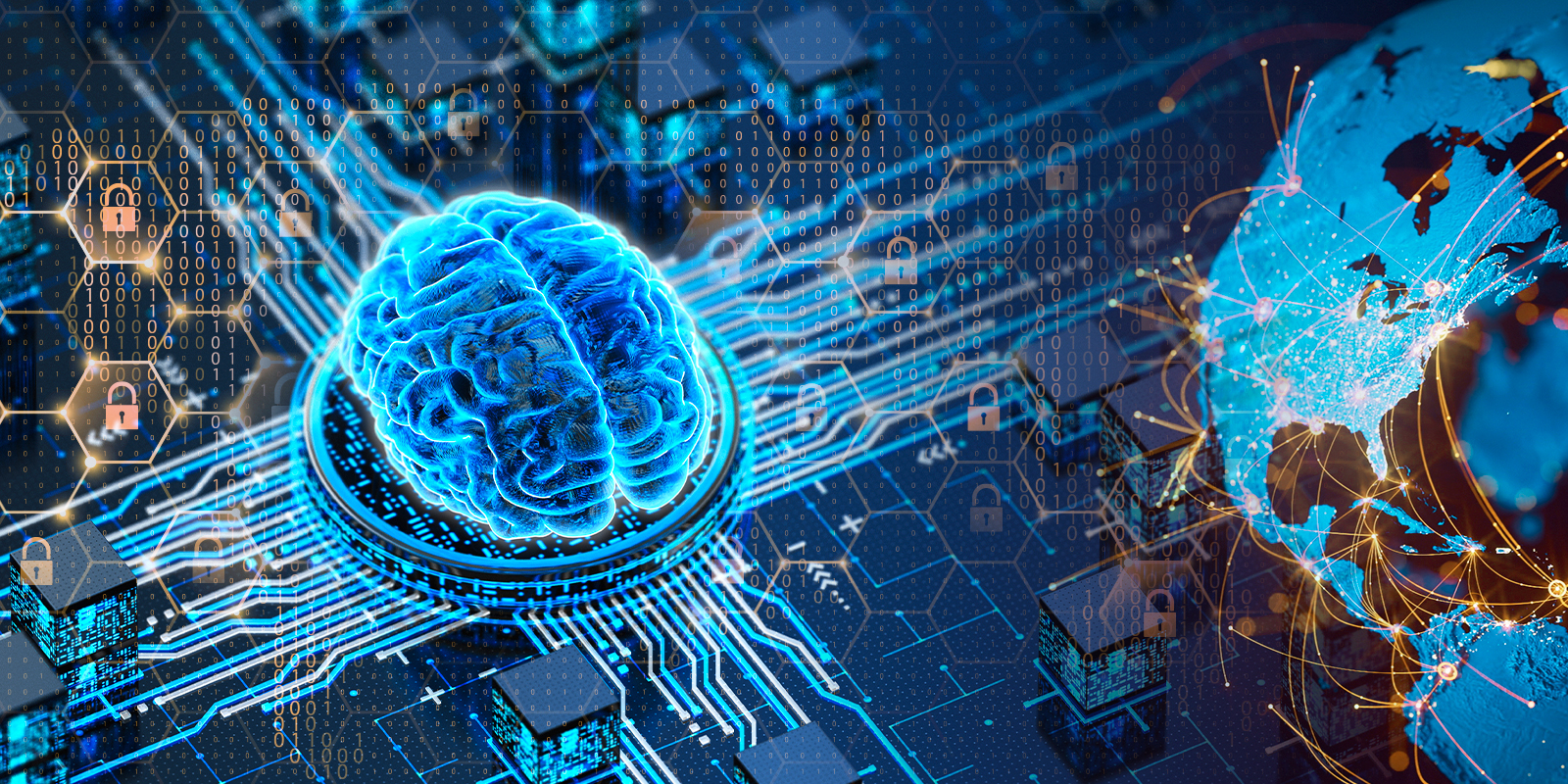
New Export Control Rule Regulates Global Diffusion of Artificial Intelligence
The U.S. Commerce Department's Bureau of Industry and Security ("BIS") issued a rule establishing a framework to prevent U.S. adversaries from accessing the most advanced artificial intelligence ("AI") systems while preserving access for certain allies.
On January 13, 2025, BIS issued an interim final rule (the "Rule") designed to control the global spread of advanced AI technologies. The Rule aims to reduce the likelihood of malicious actors from accessing advanced AI models by imposing destination, volume, and end-user controls on the most advanced semiconductors and associated model weights. The framework’s three-prong strategy:
- Establishes global licensing requirements for advanced semiconductors and model weights of certain advanced "closed-weight" AI models;
- Expands license exceptions to allow for continued access by lower-risk destinations, including the adoption of a country group tiered approach in some circumstances; and
- Controls diversion by imposing security and reporting requirements for the storage of advanced semiconductor models.
Under the Rule, the U.S. government aims to maintain visibility into the locations, end users, and end uses of advanced semiconductors. Risk will be assessed by the destination, the quantity of advanced semiconductors, and security requirements agreed to by the recipient. BIS attempts to build in flexibility through new license exceptions for low-risk end users and modified Validated End-User Authorizations—both of which will be conditioned on compliance with certain physical and cyber security measures.
BIS will apply a presumption‑of‑denial review policy to the global license requirement applicable to advanced closed-weight dual-use AI models. A "closed-weight" AI model refers to an artificial intelligence model where the weights, which are the parameters learned during the training process, are fixed and not subject to further modification. These controls will apply to the next generation of U.S.-origin and foreign-produced AI models trained on more than 1026 computational operations, which have been identified as posing an extreme national security risk. BIS is offering a license exception conditioned on specific security measures to entities headquartered in destinations the U.S. government has determined pose a low risk of diversion.
While the Rule is effective immediately, BIS has indicated that compliance will not be required until May 15, 2025, and is encouraging the submission of comments up until that date. While the Trump administration has indicated it is examining both export controls and AI in executive orders issued subsequent to the Rule, the U.S. government has not yet indicated whether this Rule will be affected by those reviews. Jones Day will continue to monitor developments in this area.







